Who’s who in the general election? An explainer for children by The Week Junior
The UK’s main political parties and what they stand for
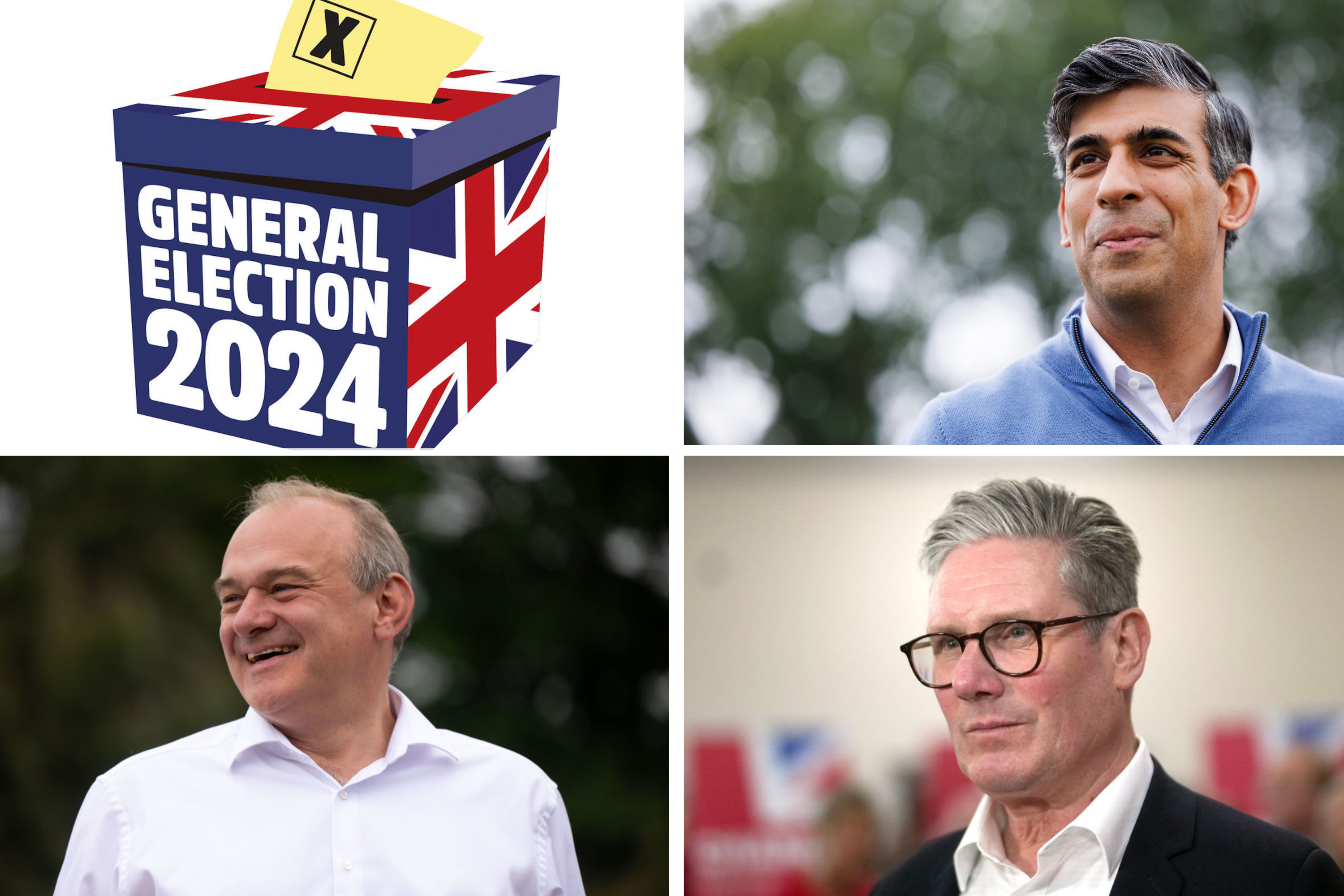
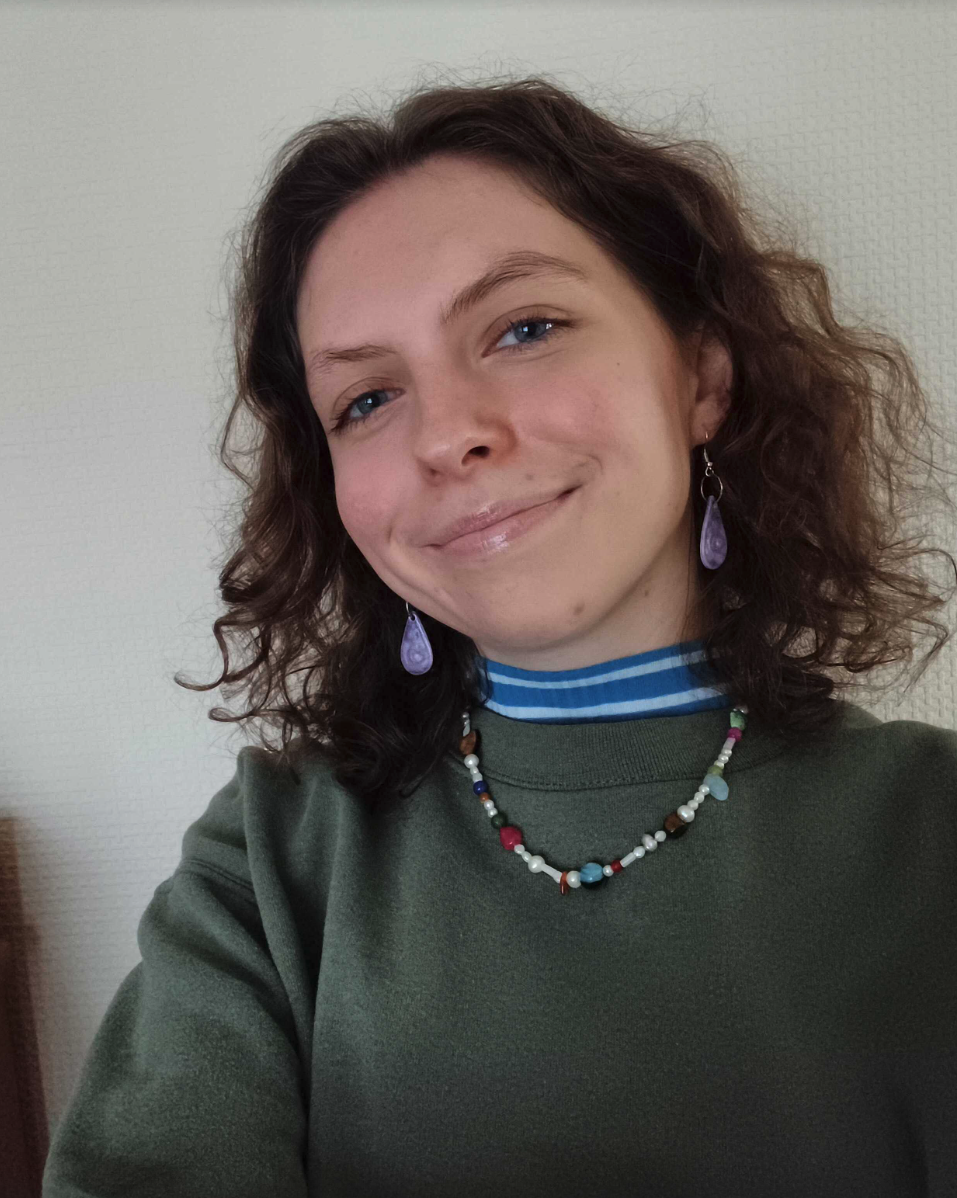
We've teamed up with The Week Junior to share their overview of the main parties in the general election and what they're offering voters.
Tomorrow (4 July), adults across UK will be voting in the general election. Voters will choose someone to be a Member of Parliament (MP) to represent their constituency (local area) and sit in the House of Commons. There are 650 seats in the House of Commons, and nearly all MPs are members of a political party. The party with the most MPs then forms the government and its leader become Prime Minister. For the last 14 years the Conservative Party is in charge.
The main political parties each released their manifestos - a document of the things they would like to do if they win the election. Read on to learn more about three of the promises made by the main parties.
The Conservative Party
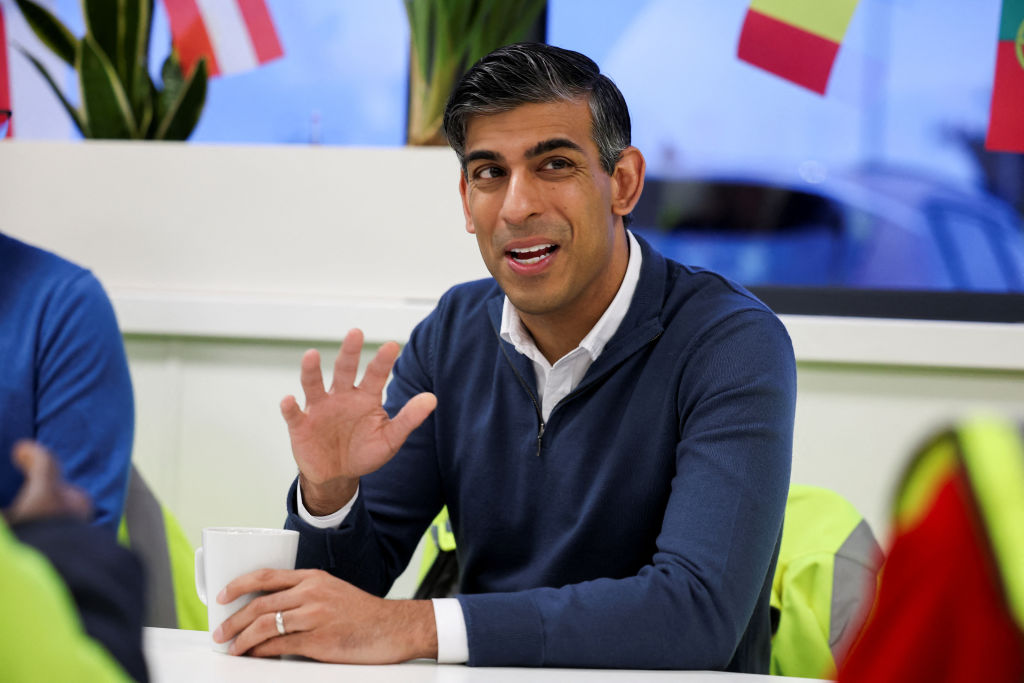
Leader: Rishi Sunak
Number of MPs: 345
Party beliefs
Traditionally, the Conservatives think that people shouldn't have to pay lots of tax. Tax is money collected by the Government from people and businesses for services like an health and education. Conservatives want tight controls on immigration (people moving from other countries to live and work in the UK). It was under aConservative government that Britain left the European Union (EU), a group of 27 countries that work and trade together. The party says this move, called "Brexit" has given the UK more freedom to build relationships with non-EU countries.
Election promises
GoodtoKnow Newsletter
Parenting advice, hot topics, best buys and family finance tips delivered straight to your inbox.
- To make every primary and secondary school introduce two hours of PE a week. Also ban the use of mobile phones during the day at school to help pupils learn.
- Build or upgrade 250 local doctors' surgeries and invest £3.4 billion in improving technology for the NHS to support patients and staff.
- Place a limit on the number of people moving to the UK from other countries. The number of people allowed to move to the UK would be reduced every year.
- Read the Conservatives manifesto
The Labour Party
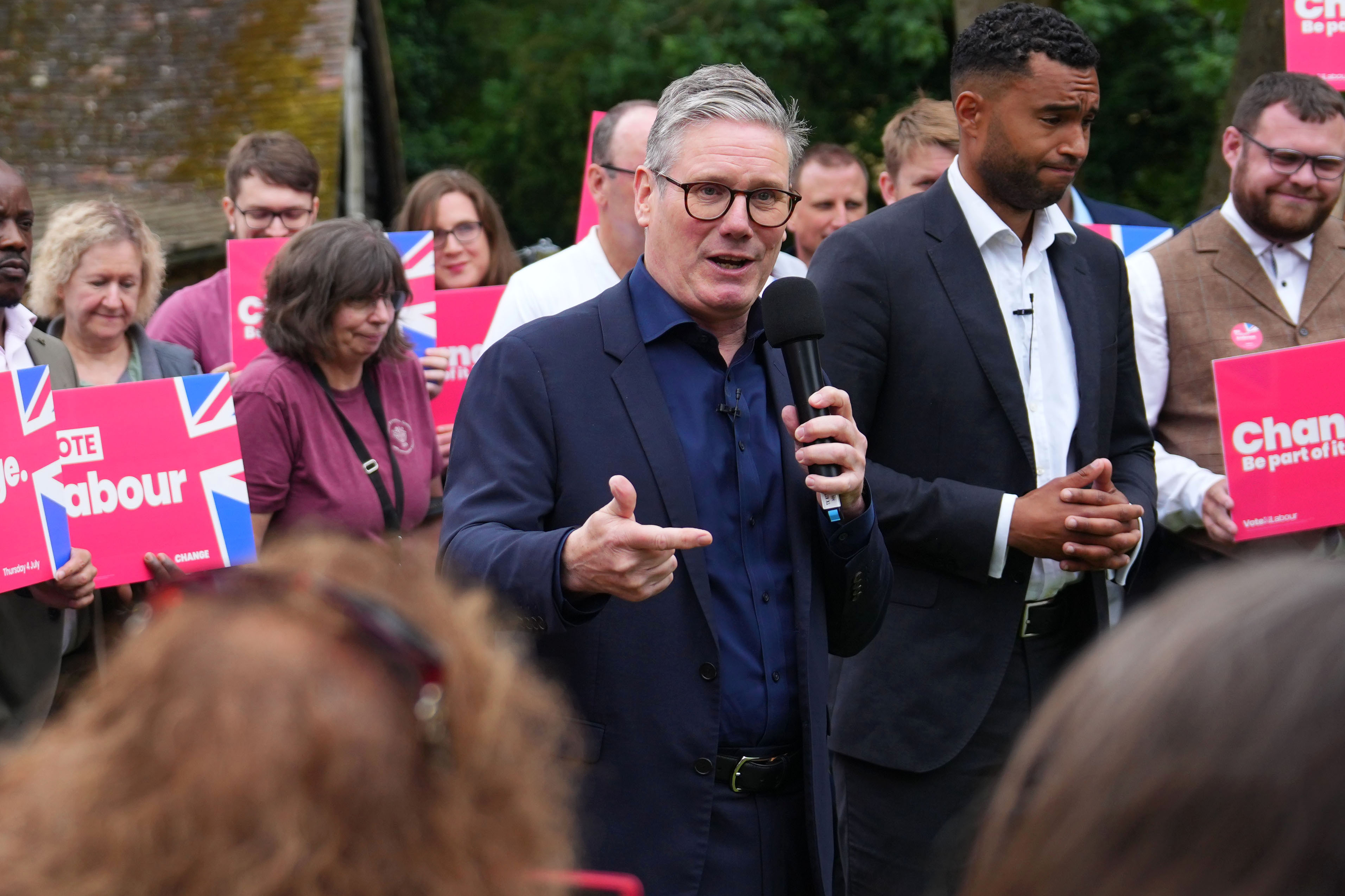
Leader: Keir Starmer
Number of MPs: 206
Party beliefs
Labour believes that the government should fund services that support everyone, like schools and the NHS. The party believes that the money should come from making people, especially rich people, and businesses pay higher taxes. Historically, the party has aimed to provide support for ordinary, working people. Although Labour does not want to rejoin the EU, the party wants to improve the UK’s relationship with the EU to find new ways to work and trade together. The last time Labour were in power was between 1997 and 2010.
Election promises
- To recruit 6,500 teachers in key subjects where there are shortages, such as maths and physics. Also introduce free breakfast clubs in every primary school.
- Cut down waiting times for the NHS by creating 40,000 more appointments each week.
- Reduce the number of people moving to the UK from other countries, and improve security on the borders to stop groups that are illegally smuggling people into the country.
- Read the Labour manifesto
The Liberal Democrats

Leader: Ed Davey
Number of MPs: 15
Party beliefs
The Liberal Democrats wants a voting system that makes it easier for smaller parties to have a say in Government. It hopes to create a fairer society by spending money on public services such as education and training for jobs to reduce poverty and improve housing. The party also wants to do more to protect the environment and tackle climate change. The party was strongly against leaving the EU before it happened, and now have a long-term goal to rejoin it.
Election promises:
- To extend free school meals to all children in poverty (whose families struggle to afford essential items, such as food, housing, energy and clothing).
- To recruit 8,000 more local doctors across England, so that everyone would have access to a GP within seven days, or 24 hours for emergency appointments.
- Provide safe and legal routes for refugees (people who have left their home country because of war or threat of violence).
- Read the Liberal Democrats manifesto
What about Scotland, Wales and Northern Ireland?
The Scottish National Party (SNP)
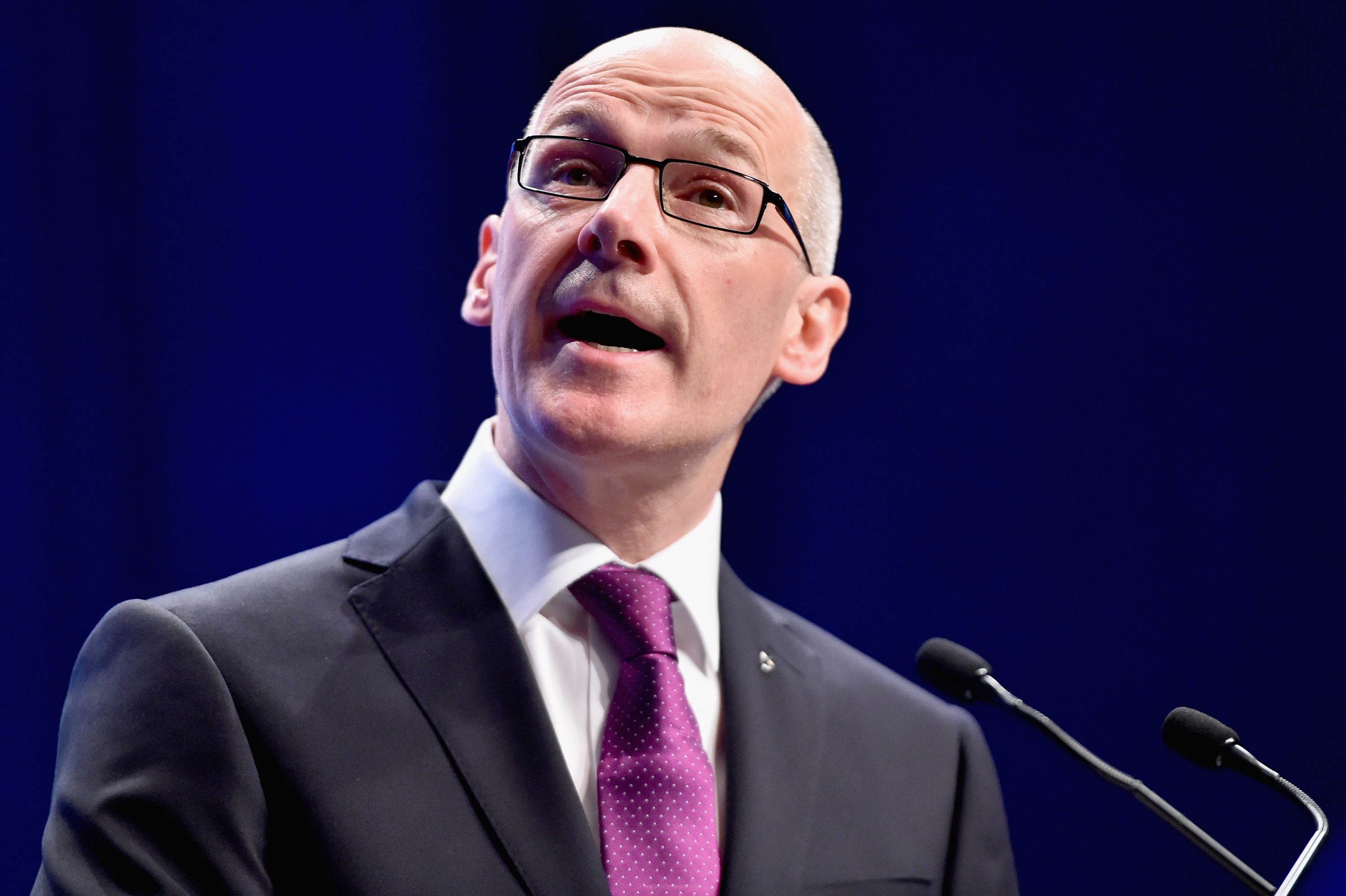
Leader: John Swinney
Number of MPs: 43
The SNP was first formed in 1934. It wants Scotland to be independent (separate) from the rest of the UK. It is the largest party in Scotland and has lead Scotland’s parliament since 2007.
The Democratic Unionist Party (DUP)
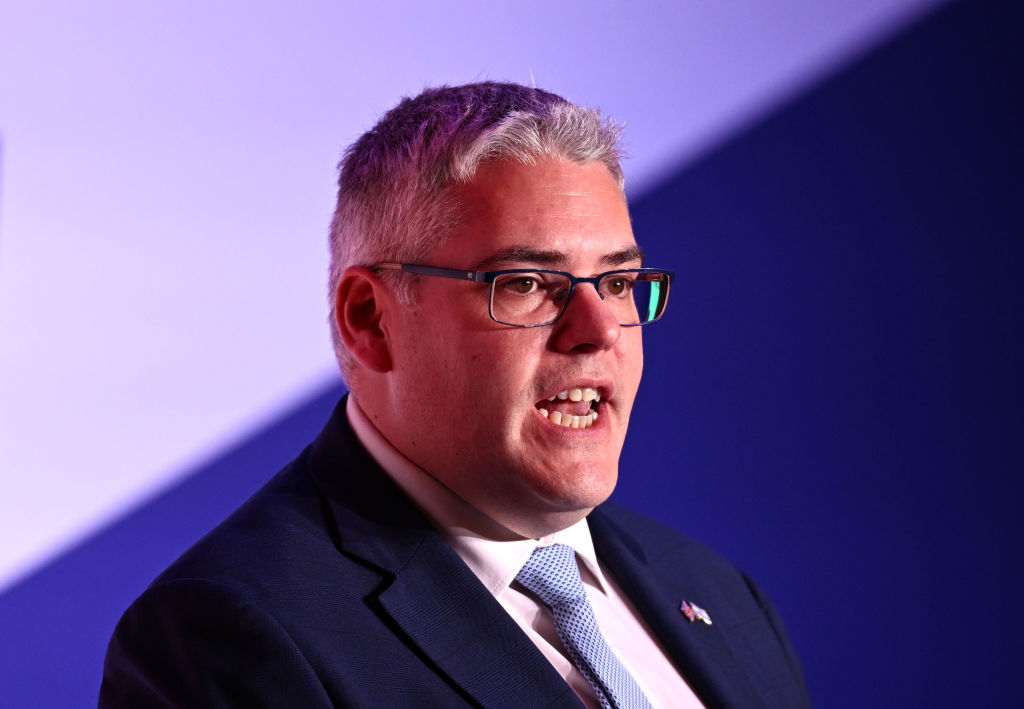
Leader: Gavin Robinson
Number of MPs: 7
The DUP thinks that Northern Ireland stay part of the UK. After a election in 2017, the Conservatives worked together with the DUP on some issues because they hadn’t won enough seats to run the government on their own.
Sinn Fein
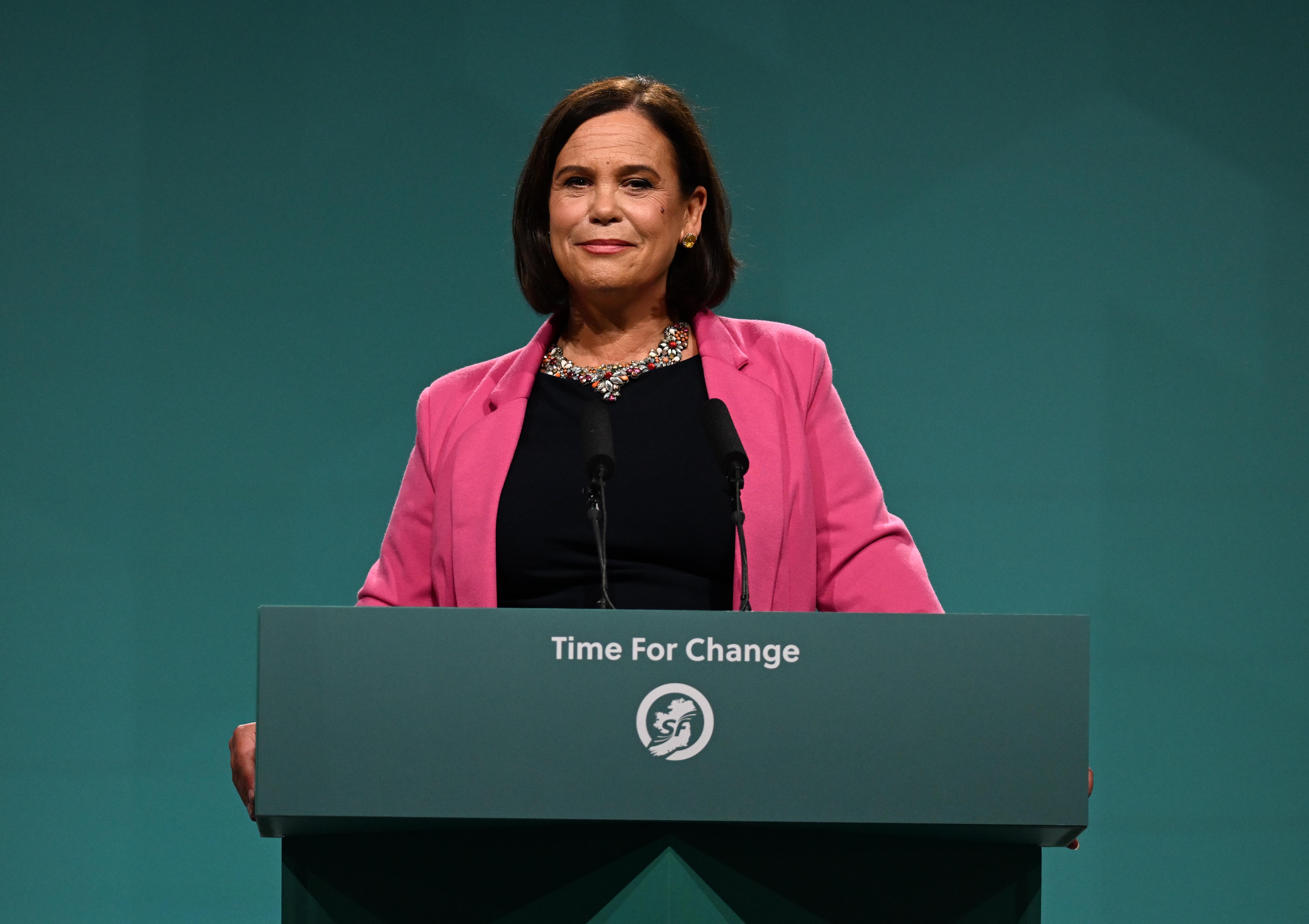
Leader: Mary Lou McDonald
Number of MPs: 7
Sinn Fein wants Northern Ireland and the Republic of Ireland to be one country. It has seven seats in the House of Commons, but it's MPs refuse to work there. It is the largest party in the Northern Ireland Assembly.
Plaid Cymru
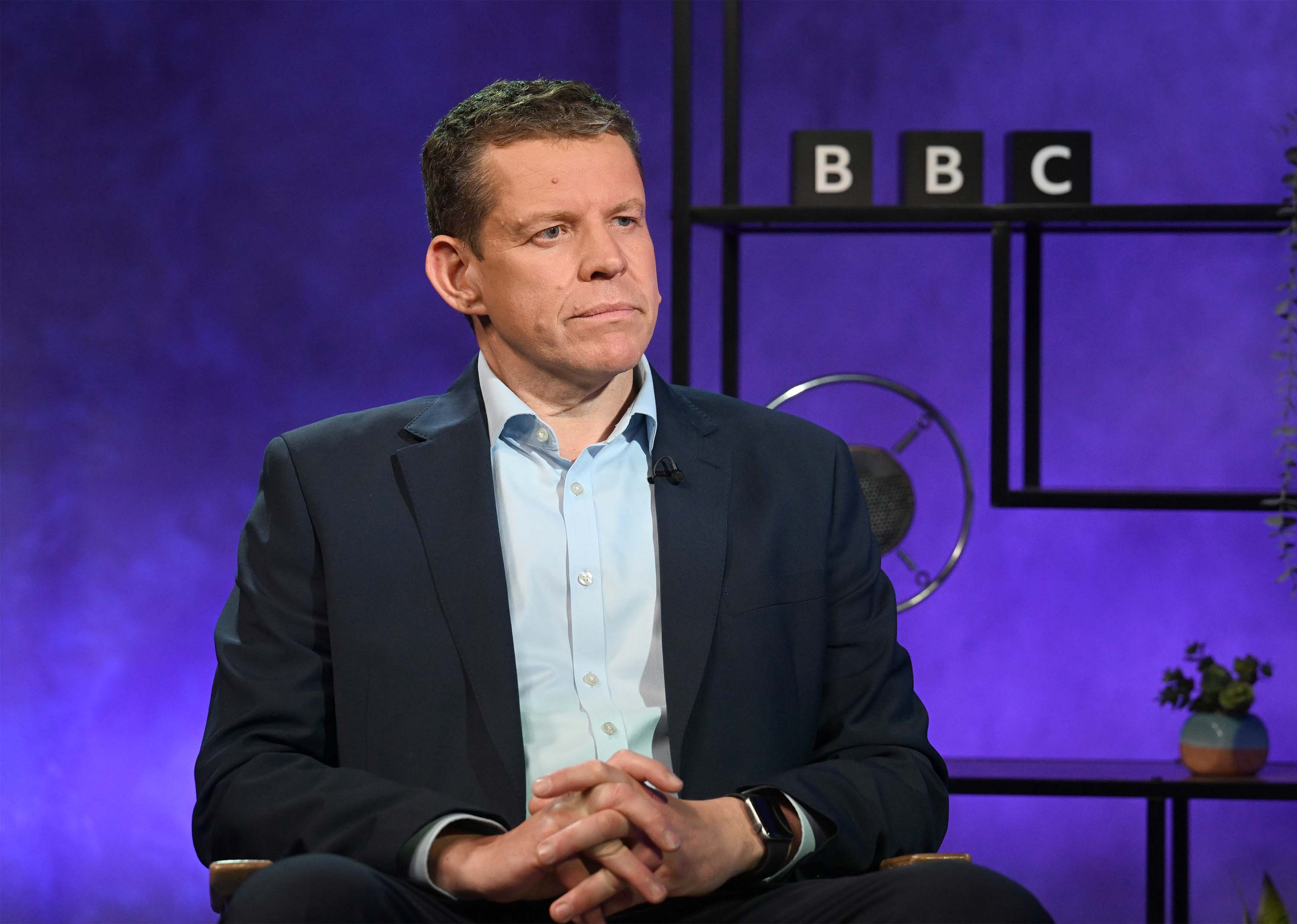
Leader: Rhun ap Iorwerth
Number of MPs: 3
Plaid Cymru (which means “The Party of Wales” in Welsh) was created in response to the English being as the official language in Wales. It aims to protect and promote Welsh culture, language and traditions.
Why are there regional parliaments?
The UK parliament used to control all the UK’s home nations (England, Scotland, Wales and Northern Ireland). In 1997 and 1998, people in Scotland, Wales and Northern Ireland voted to have their own governments. These control certain issues such as education. Party members in those countries can run to be an MP at the House of Commons in London, or for a seat in their own parliament. The elections for these governments don't happen at the same time as the general election. England is run by the UK government.
For more information, get your FREE election guides and feed your child's election curiosity.

Get your first 6 issues free - saving £21 - when you subscribe to The Week Junior magazine. Continue on subscription and pay just £33.99 every 3 months, saving 25% off the cover price, unless cancelled in the trial period.
Recent updates
This feature was originally published in June 2024 in The Week Junior, which is also owned by Future Publishing.

Eve has been a staff writer for The Week Junior for more than two years. She writes a wide variety of stories, including news from the UK and around the world, the latest breakthroughs in science and technology, and features about upcoming films, shows and exhibitions. She also interviews lots of different people, from children's authors to sportspeople to film directors. She has a Masters degree in Physics with Astronomy from the University of Nottingham, and also writes for The Week Junior's sister magazine, Science+Nature. Every week, she writes the script for The Week Junior Show, a podcast where members of The Week Junior team share their favourite stories from the magazine.